Seefried JV Signs 152 KSF Chicago Tenant
A nonprofit became the anchor tenant at the 320,946-square-foot recently completed warehouse, part of a two-building campus.
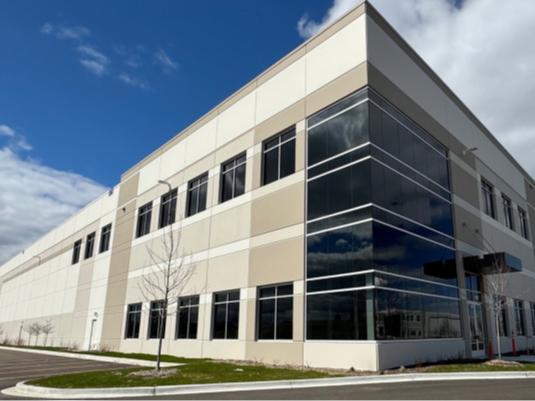
Seefried Industrial Properties and a U.S.-based family office have signed a 152,014-square-foot long-term lease at their 1700 Madeline Lane facility in Elgin, Ill., with David C. Cook, a 150-year-old Christian organization. The nonprofit will use the space as its main distribution center.
CBRE brokered the deal on behalf of the tenant, while the landlord was represented by Cushman & Wakefield.
The recently built Class A speculative industrial property is within Chicago’s Interstate 90 Golden Corridor submarket, and features 32-foot clear heights, ESFR sprinkler systems, a 2,980-square-foot office space, a drive-in door and 22 exterior docks. Additionally, it includes 138 vehicle parking spots and 35 trailer parking spaces. David C. Cook will be the anchor tenant at 1700 Madeline Lane, with another 168,932 square feet still available for lease.
READ ALSO: Top 10 Markets for Industrial Deliveries
The asset was developed by Seefired Industrial properties as a two-building industrial campus totaling 465,360 square feet. Earlier this month, the developer sold the second building, a 144,414-square-foot facility at 1705 Madeline Lane, to an Atlanta-based plastic molded parts manufacturer.
Chicago ends 2024 with high vacancy
At the end of last year, Chicago’s vacancy rate was 9.7 percent, marking a 570 basis-point year-over-year increase, a recent CommercialEdge industrial report shows, mainly due to the excess supply added between 2021 and 2022. The national vacancy rate stood at an average of 8 percent.
Meanwhile, Chicago’s pipeline decreased by 5.6 million square feet year-over-year to 7.6 million at the end of 2024. The pipeline represented 0.7 percent of total stock, below the 1.7 percent national average and other peer markets such as Phoenix (5.3 percent), Kansas City (3.9 percent) and Dallas (1.9 percent).


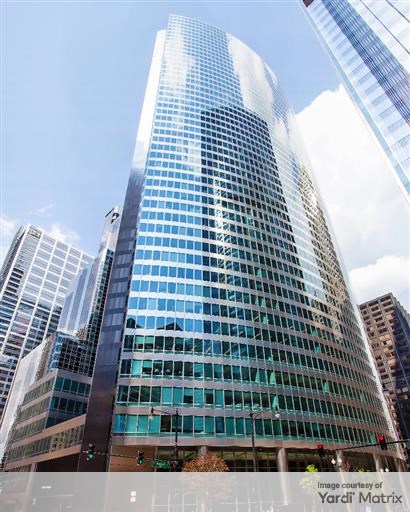

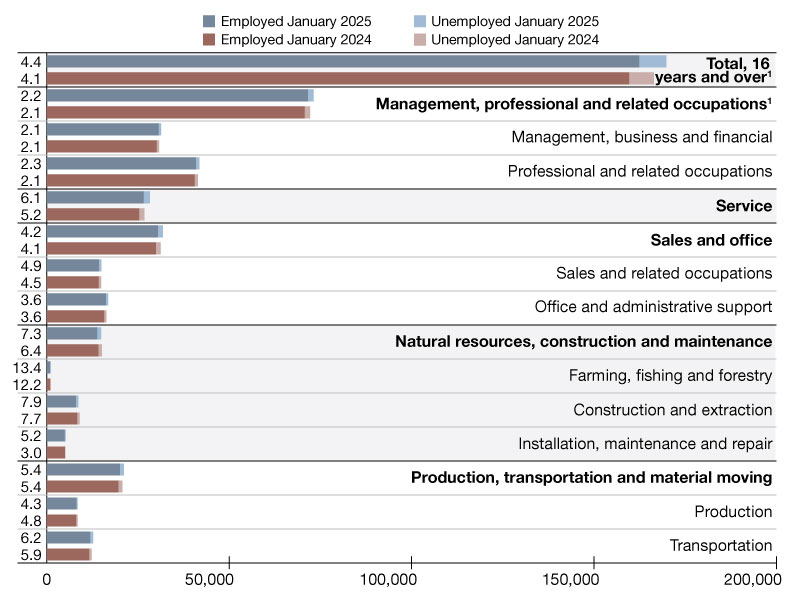
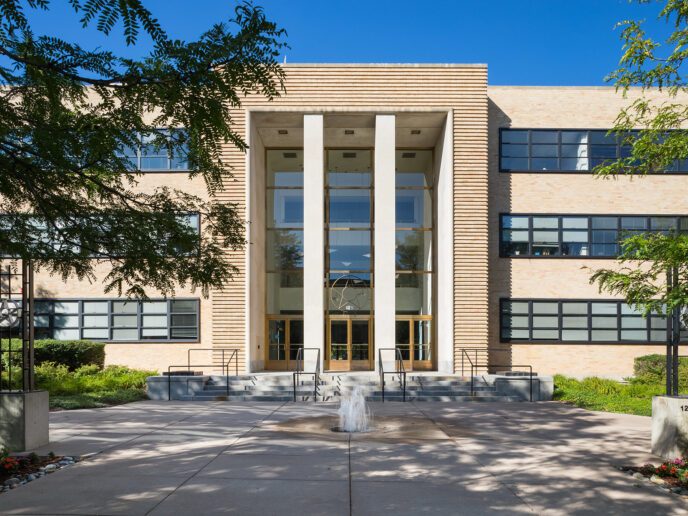
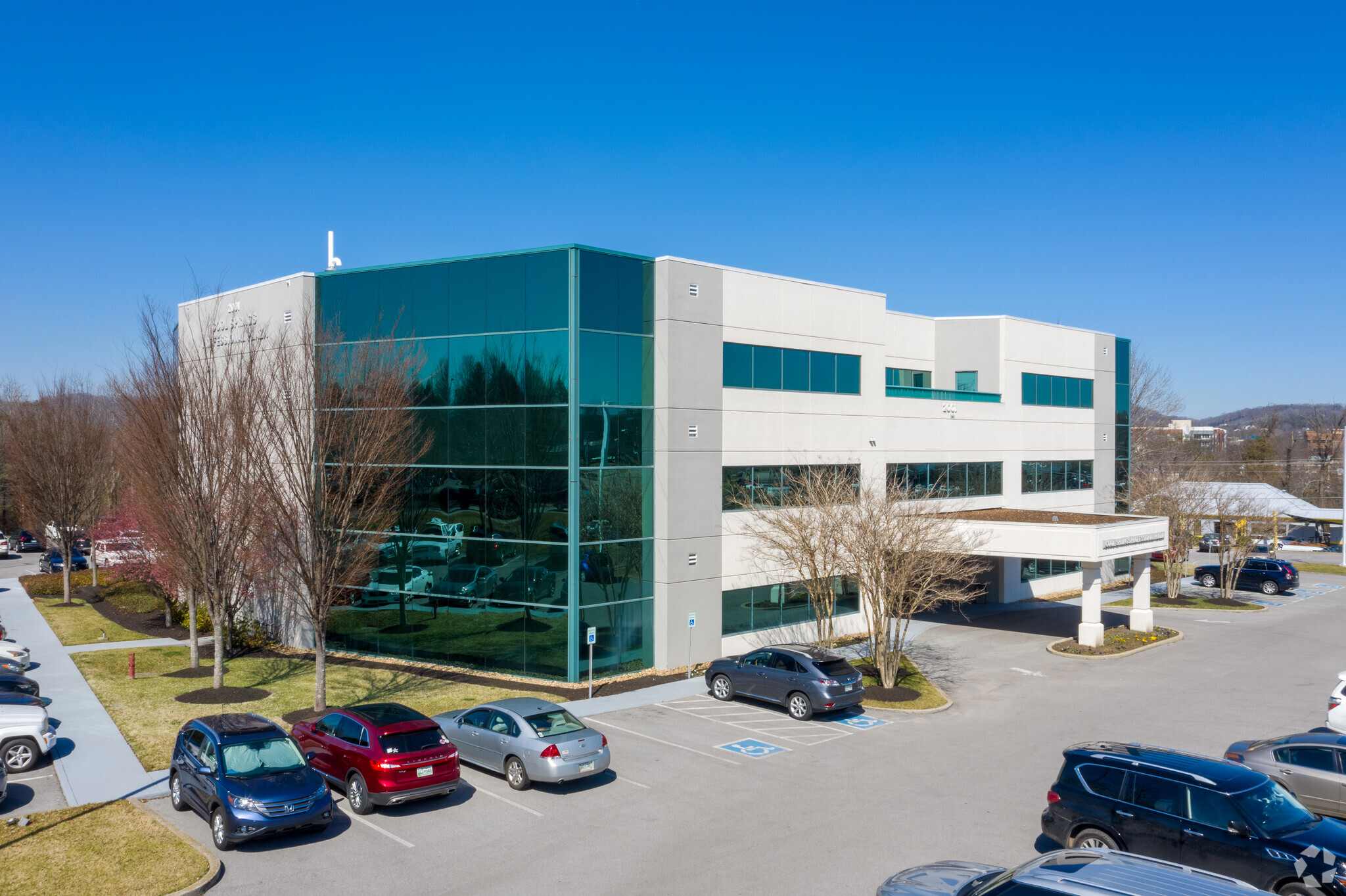
You must be logged in to post a comment.